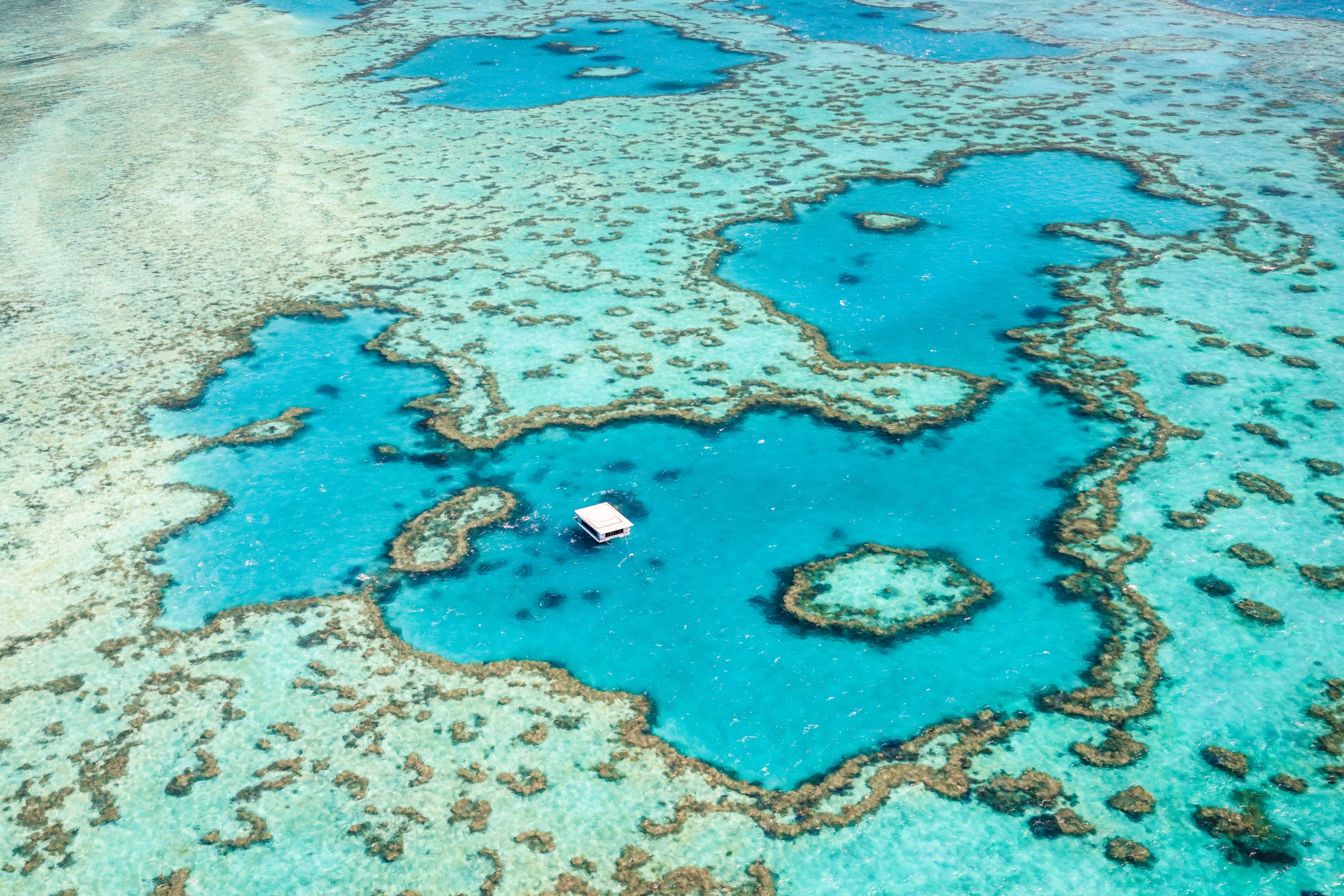Your support helps us tell the story
From reproductive rights to climate change to Big Tech, The Independent is on the ground when the story unfolds. Whether it’s investigating Elon Musk’s pro-Trump PAC funding or producing our latest documentary, “The A Word,” which spotlights American women fighting for reproductive rights, we know how important it is to analyze the facts from the messenger.
At such a critical time in US history, we need reporters on the ground. Your donation allows us to continue to send reporters to speak to both sides of the story.
The Independent is trusted by Americans across the political spectrum. And, unlike many other quality news outlets, we choose not to shut Americans out of our reporting and analysis with paywalls. We believe that quality journalism should be available to everyone, paid for by those who can afford it.
Your support makes all the difference.
Cruise companies have been urged to “clean up their act” by local conservationists and tourism operators concerned about the liners’ impact on the Great Barrier Reef.
A “massive” increase in the number of cruise ships in the Unesco-listed area is said to have a significantly detrimental effect on the environment and local wildlife, say locals.
They argue that the numbers related to the huge amount of contaminated gray water, waste water and CO2 emissions from cruise ships are “stupendous”.
“It is estimated that an average size cruise ship (approximately 3,000 passengers and 1,000 crew) generate approximately 680,000 liters of gray water (from galleys, laundries and guest/staff quarters) each day,” said a spokesperson for the Whitsunday Conservation Council (WCC ) to a local media. Whitsunday News.
“Given that cruise ships can generally only store this gray water for an average of 56 hours (due to limited holding capacity), it suggests that huge amounts of contaminated water are being discharged directly into the marine park.”
They say 700,000 liters of “highly polluted acidic seawater, containing high levels of sulphur, nitrates and heavy metals, is created every hour” from the exhaust’s purification effluent.
“That’s 16.8 million liters per day, just from a cruise ship” they added.
Read more: Some mega cruise ships pump out as much CO2 as a small city, study finds
WCC says the problem comes down to the definition of “waste”.
The Great Barrier Reef Marine Park Authority (GBRMPA), which is responsible for the management of the park, does not consider gray water or the byproducts of the cleaning of the expulsion to be waste under the existing legislation, which has been written almost 50 years ago, before the advent of mega cruise ships.
“And CO2 emissions are not even considered as part of the risk assessment when granting permits for cruise ship operators,” the group adds.

“The cruise ship industry is the fastest growing tourism sector Australia now and over the last five years, the GBRMPA and the State Government have issued more than 103 permits for cruise ships to operate in the marine park,” said Trevor Rees, a Whitsunday tour operator for more than 25 years .
Tony Fontes, chairman of the Whitsunday Conservation Council and a local dive operator, says concerns about pollution from cruise ships have “fallen on deaf ears”.
He said the response from the GBRMPA “surprised and disappointed” the group “given that their first priority is to protect the health and biodiversity of the reef”.
He added: “There has been a vague commitment from CLIA (Cruise Lines International Association Australasia) to consider a code of conduct for the industry, but so far nothing has happened.
“No one is suggesting we ban the cruise ship industry, we just want it to clean up its act. And, believe it or not, that can be done quite easily.”
Practical solutions presented by WCC incLude the treatment of all waste water and wood water to acceptable levels before dischargethe retention of gray water and scrubber effluent in holding tanks while in the marine park, and a requirement for ships to use carbon offsets to account for their emissions.
In a statement, the GBRMPA said: “The reef authority supports environmentally sustainable cruise ship operations in the marine park and has strict regulations for cruise ships.
“All vessels in the Great Barrier Reef marine park must comply with international pollution prevention rules.”



